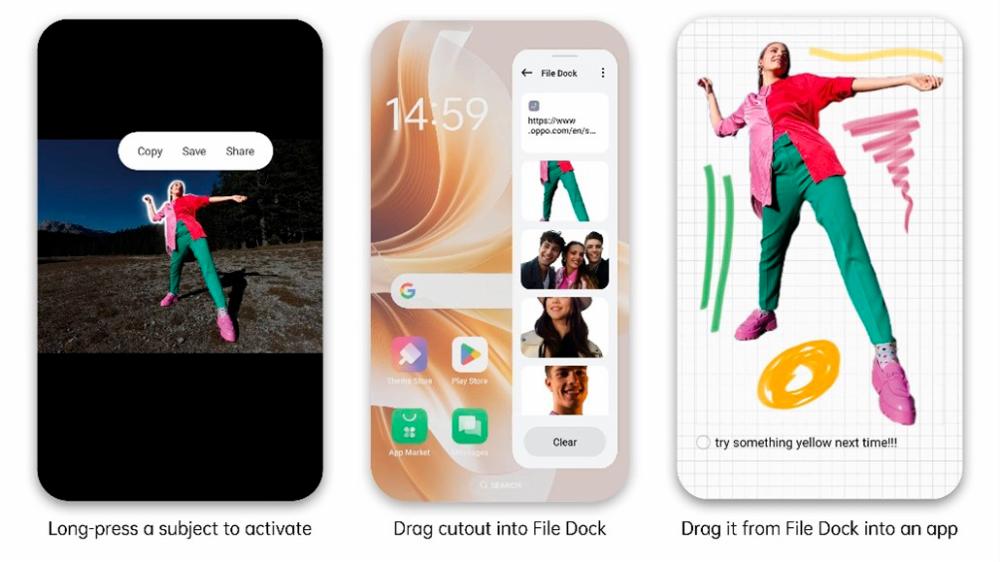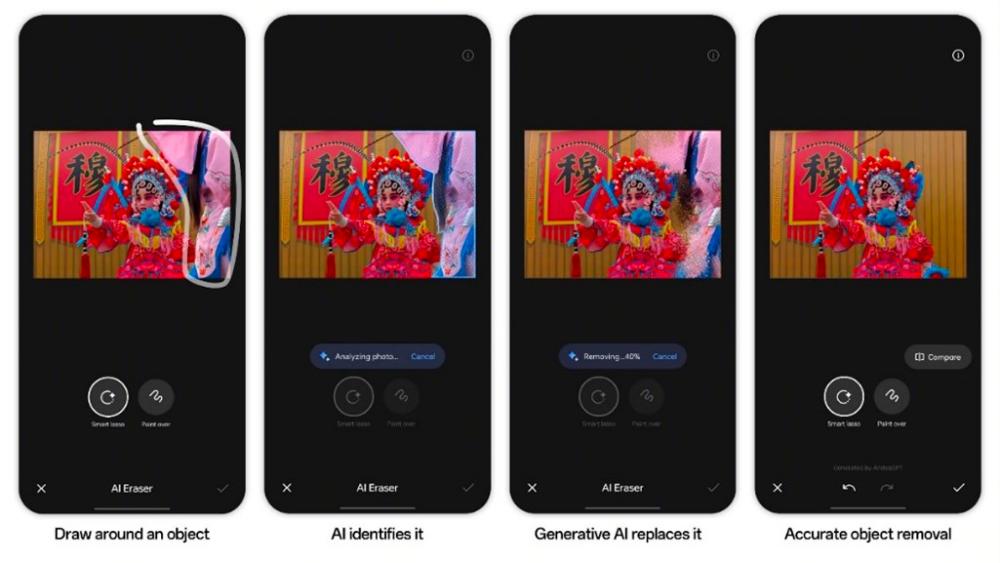IN today's era of cutting-edge technology, smartphones have transcended their role as mere communication devices to become versatile tools that effortlessly capture life's most stunning moments. The evolution of smartphone photography has empowered users with the ability to create captivating images, propelled by the integration of artificial intelligence (AI). As we explore AI-driven smartphone photography, a world of endless possibilities unfolds.
According to a report by BCC Research, the global AI camera market is poised to reach US$23.1 billion (RM108.5 billion) by 2028, driven by a consumer preference for technologically advanced devices equipped with AI and machine learning capabilities.
Recent advancements in smartphone technology have ushered in a new era of mobile photography, characterised by the emergence of generative AI. This innovation owes its existence to the relentless pursuit of excellence by industry leaders.
But what exactly is AI? At its core, AI refers to the ability of computers or robots to autonomously make decisions. Within AI lies machine learning, a subfield encompassing algorithms that learn from empirical data to make predictions. Deep learning, a subset of machine learning, further refines this process by employing neural networks to analyse complex data and produce precise outcomes.
In the realm of smartphone photography, AI manifests itself in various forms, shaping the way we capture and process images. From scene recognition to parameter adjustment, AI algorithms work tirelessly behind the scenes to optimise every shot.
To thrive in the AI smartphone era, devices must embody certain characteristics outlined:
· Efficient utilisation of computing resources to support generative AI.
· Real-time awareness of user and environmental data through sensors.
· Powerful self-learning capabilities.
· Multimodal content generation abilities, inspiring users with continuous innovation.
But AI in mobile photography is not just about capturing photos — it is also about editing them to perfection.
Looking ahead, the future of smartphone photography appears promising. AI smartphones are set to revolutionise the industry, offering personalised services tailored to individual needs. Continued research and development will yield exciting innovations, blurring the lines between traditional and smartphone photography. Enhanced AI features, such as built-in background scenes and face filters, are on the horizon — AI will continue to push the boundaries of creativity, ensuring every moment is picture-perfect.
This article is contributed by Oppo










